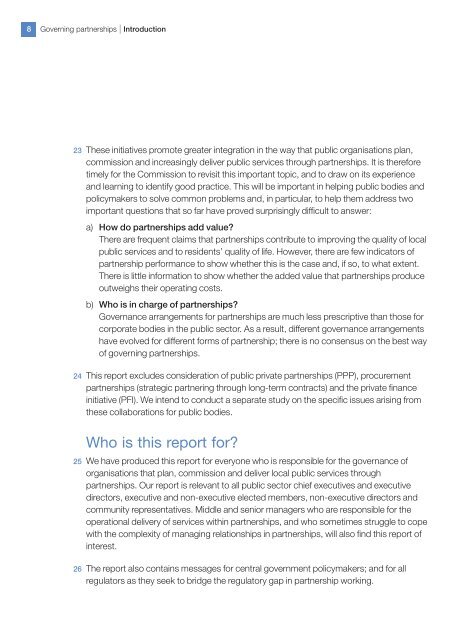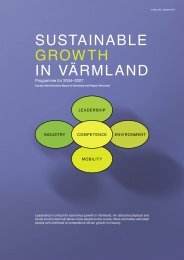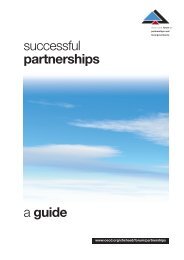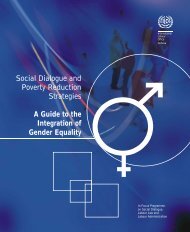Bridging the accountability gap - Audit Commission
Bridging the accountability gap - Audit Commission
Bridging the accountability gap - Audit Commission
You also want an ePaper? Increase the reach of your titles
YUMPU automatically turns print PDFs into web optimized ePapers that Google loves.
8<br />
Governing partnerships | Introduction<br />
23 These initiatives promote greater integration in <strong>the</strong> way that public organisations plan,<br />
commission and increasingly deliver public services through partnerships. It is <strong>the</strong>refore<br />
timely for <strong>the</strong> <strong>Commission</strong> to revisit this important topic, and to draw on its experience<br />
and learning to identify good practice. This will be important in helping public bodies and<br />
policymakers to solve common problems and, in particular, to help <strong>the</strong>m address two<br />
important questions that so far have proved surprisingly difficult to answer:<br />
a) How do partnerships add value<br />
There are frequent claims that partnerships contribute to improving <strong>the</strong> quality of local<br />
public services and to residents’ quality of life. However, <strong>the</strong>re are few indicators of<br />
partnership performance to show whe<strong>the</strong>r this is <strong>the</strong> case and, if so, to what extent.<br />
There is little information to show whe<strong>the</strong>r <strong>the</strong> added value that partnerships produce<br />
outweighs <strong>the</strong>ir operating costs.<br />
b) Who is in charge of partnerships<br />
Governance arrangements for partnerships are much less prescriptive than those for<br />
corporate bodies in <strong>the</strong> public sector. As a result, different governance arrangements<br />
have evolved for different forms of partnership; <strong>the</strong>re is no consensus on <strong>the</strong> best way<br />
of governing partnerships.<br />
24 This report excludes consideration of public private partnerships (PPP), procurement<br />
partnerships (strategic partnering through long-term contracts) and <strong>the</strong> private finance<br />
initiative (PFI). We intend to conduct a separate study on <strong>the</strong> specific issues arising from<br />
<strong>the</strong>se collaborations for public bodies.<br />
Who is this report for<br />
25 We have produced this report for everyone who is responsible for <strong>the</strong> governance of<br />
organisations that plan, commission and deliver local public services through<br />
partnerships. Our report is relevant to all public sector chief executives and executive<br />
directors, executive and non-executive elected members, non-executive directors and<br />
community representatives. Middle and senior managers who are responsible for <strong>the</strong><br />
operational delivery of services within partnerships, and who sometimes struggle to cope<br />
with <strong>the</strong> complexity of managing relationships in partnerships, will also find this report of<br />
interest.<br />
26 The report also contains messages for central government policymakers; and for all<br />
regulators as <strong>the</strong>y seek to bridge <strong>the</strong> regulatory <strong>gap</strong> in partnership working.








